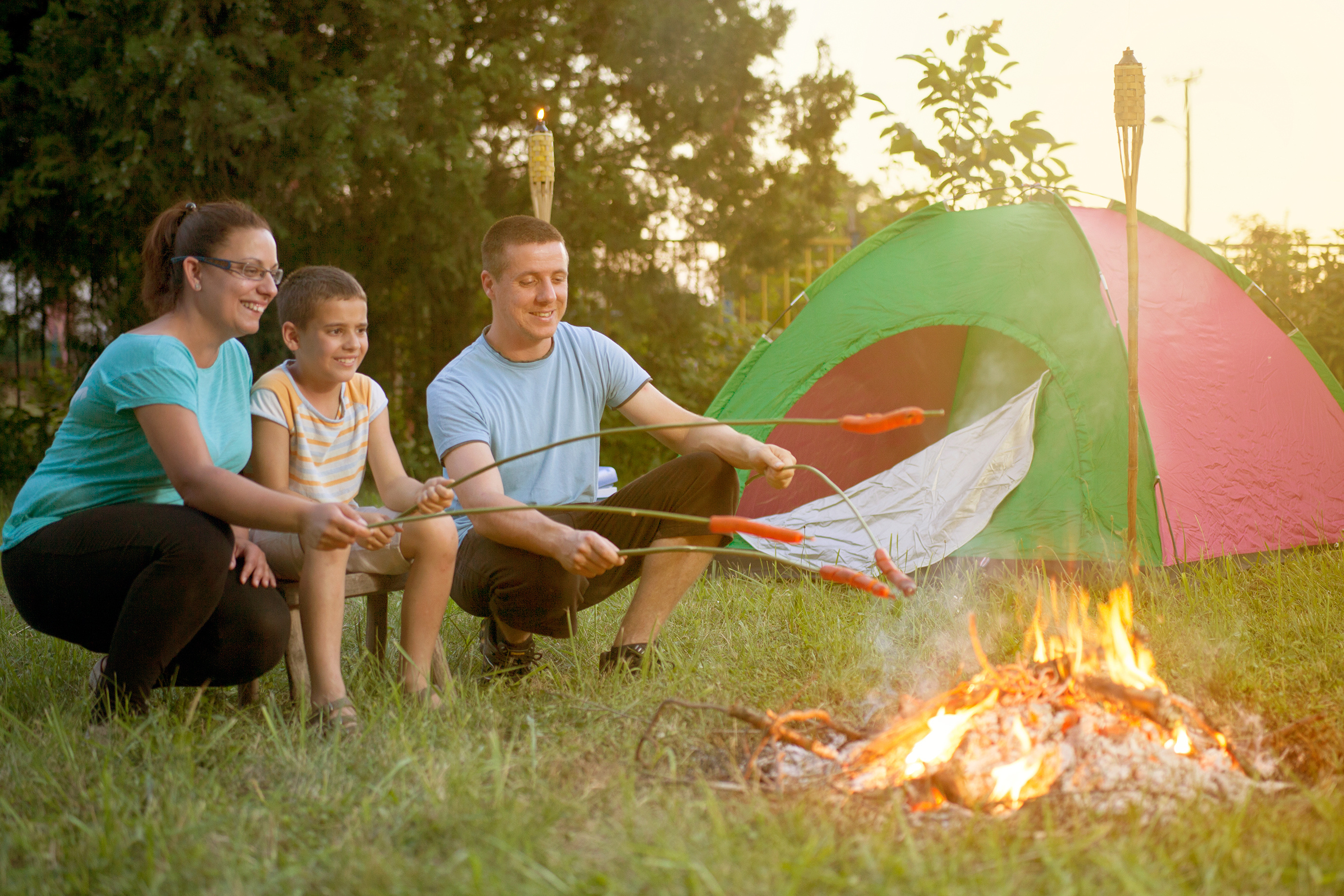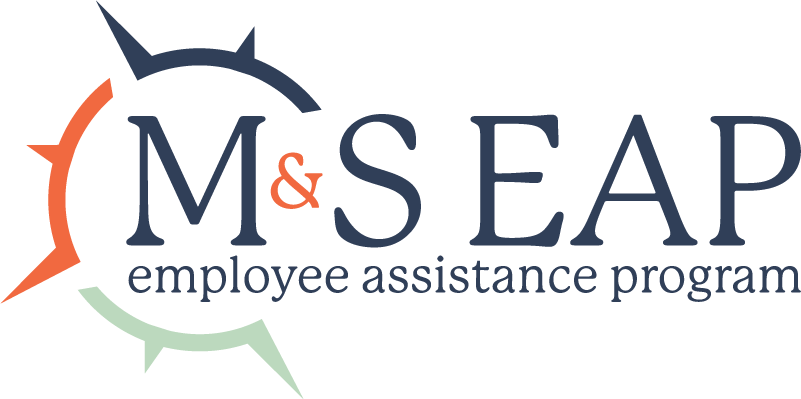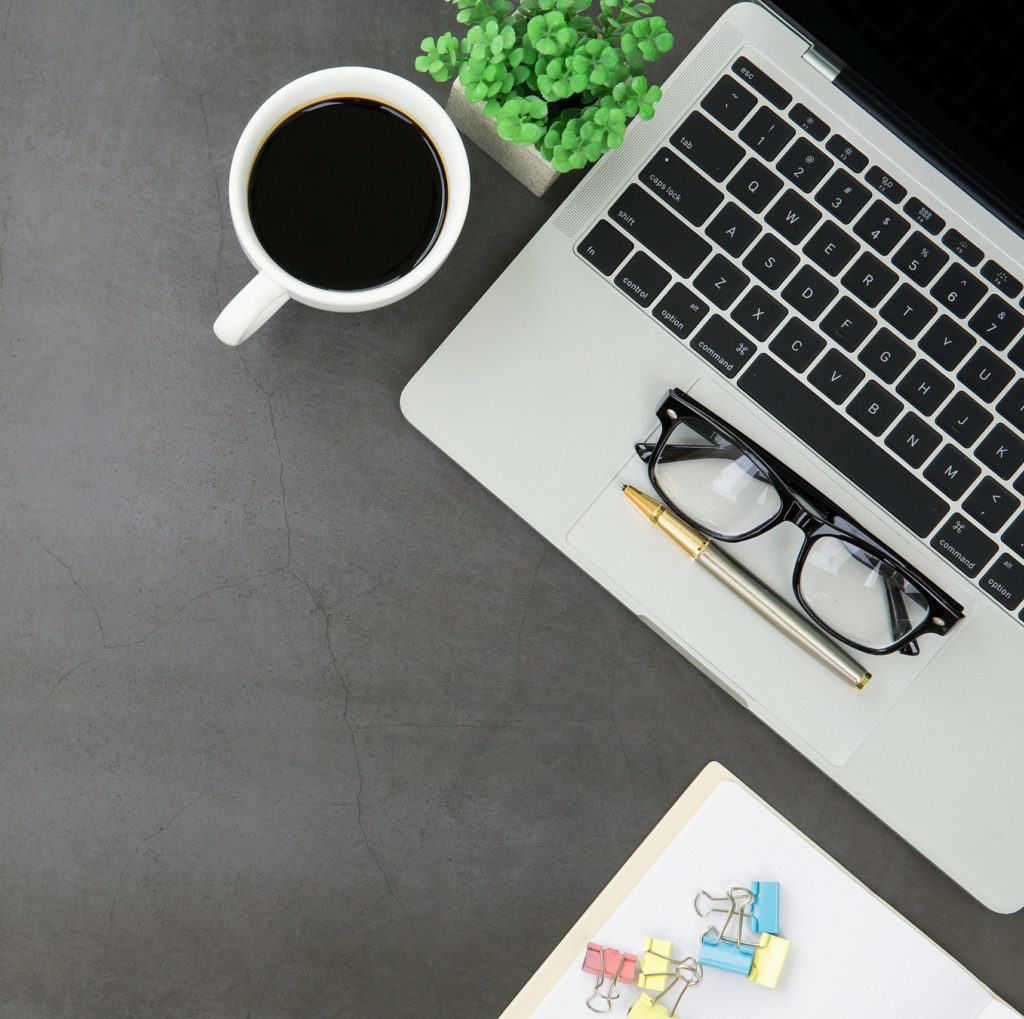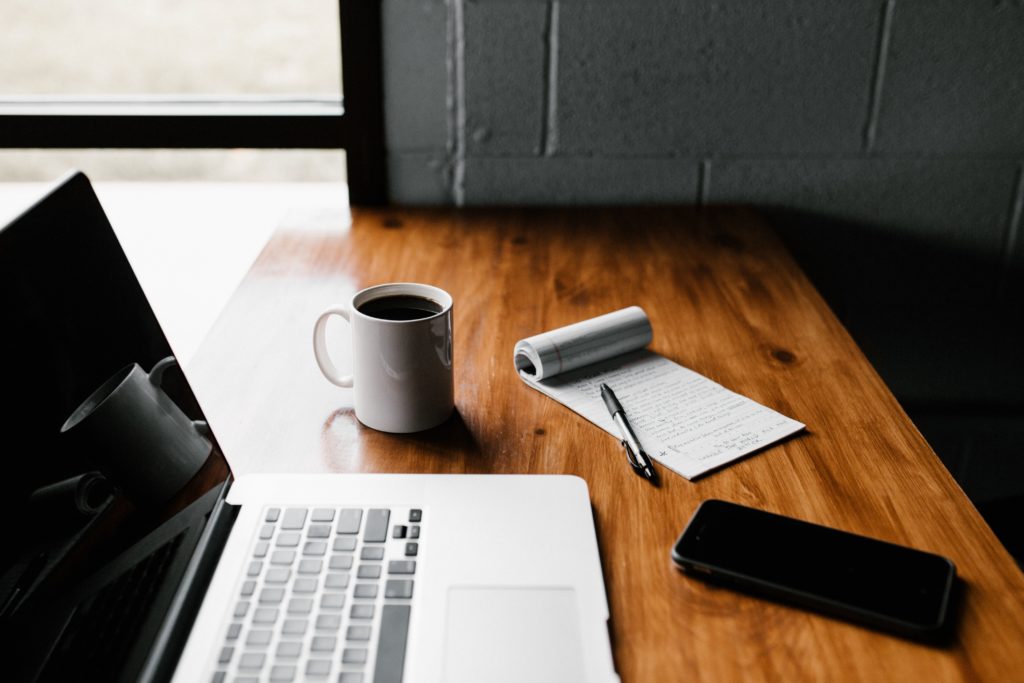Incorporating Mindfulness into Your Self Care Routine

No matter what is going on in our lives, self-care is vital to maintaining our own emotional reserves. Now more than ever, it’s important to be kind to yourself and be aware of your own needs. Self-care is much more than face masks and me-time; it’s about taking the time to mindfully meet your needs and remaining present and mindful in the moment.
Self-care in mental health
You can begin crafting a routine of self-care by becoming more aware of your anxiety and stress — one way to do this includes keeping a journal of your thoughts, feelings and emotions to help you reflect on and process these areas in a healthy way. Once you’ve identified these areas of stress, you can begin to decide what self-care will look like to address them.
Self-care can take many forms, and everyone has different preferences. Here are a few tips to get you started:
- Establish healthy habits for yourself — this means setting schedules, developing routines and sticking to them, checking in with loved ones and getting outside when you can
- Create a self-care toolkit for yourself. These include simple things to help you to find a sense of joy and may include:
- Your favorite blanket
- Favorite snack
- A book to escape into
- A playlist of your favorite songs
- A candle or diffuser with a comforting scent
- Something that engages more than one sense: for example, your favorite lotion (touch/smell) or a coloring book (touch/visual)
- Practice gratitude each day
- Reach out to those in need (but don’t forget to maintain a healthy balance with your own boundaries)
- Adopt a practice of mindfulness
This last point — mindfulness — may be one of the most important aspects to incorporate into your self-care routine to help boost mental health.
Mindfulness and its techniques
In the simplest form, mindfulness is maintaining moment-to-moment awareness of our thoughts, feelings, bodily sensations and surroundings by viewing these things through a gentle, nurturing lens. When we’re practicing mindfulness, our thoughts focus on what’s happening in the present moment rather than revisiting the past or worrying about the future; and the focus on the present is not one of judgment, but of observation.
There are five specific mindfulness techniques that may help us during times of crisis:
The “3-breath hug”
This is a way we can ground and reconnect with ourselves and those around us. It’s as simple as taking three slow deep breaths, listening to the inhale and exhale. It’s also important to listen and pay attention to how your body feels before, during and after this exercise. If you’re not sure where to begin, there are numerous apps available with guided breathing exercises to help.
Adopt a mindful mantra
What is a positive phrase that brings you a sense of calm? Take time to reflect, if needed, but then plaster that phrase on your wall, mirror, lock screen or tattoo it on your hand – do what you need to help you recall it in moments of heightened stress or anxiety. Even taking a second to slow down and repeat it to yourself will have numerous benefits.
One connecting breath
In especially trying moments, practice taking one giant, slow, deep breath before acting or reacting to something. Close your eyes, and allow yourself to put one foot in front of the other. Then, once you’ve relaxed your mind and body, you can act.
Use creativity to connect with yourself
Whether it’s cooking or baking, drawing or painting, music, dancing, gardening or home projects, diving into a creative activity can shift your focus onto something engaging and fun. This can be especially beneficial to your mental health during times of increased stress.
Practice some area of mindfulness each day
Eliminate anything that might hinder your practice, or distract you. Allow yourself to feel and reconnect. And remember to give yourself grace; mindfulness isn’t something to be mastered overnight, but practiced and adopted over time.
The benefits of mindfulness in self-care
Mindfulness helps to increase self-awareness, develop strong coping abilities, decrease loneliness and negative feelings, improve attention span and prevent depression. In addition to mindfulness exercises, self-care includes finding some escapes from the reality of our current situation and making an effort to shift your focus to things that positively impact your overall well-being.
Some ways to mindfully incorporate self-care into your daily life may include:
- Considering if there is something within your work you’ve been meaning to get better at — Is there a particular strength you’re proud of you’d like to zero in on? Use your strengths to continuously improve and be open to learning;
- Giving your time to others — Volunteering can be as simple as checking in on your neighbor, but there are tons of opportunities in every community. If you have the ability to, donate to local food banks, walk dogs at the humane society or help out at a kindergarten;
- Adopting an attitude of gratitude — Numerous studies support the association between gratitude and mental health. Cultivate gratitude by writing thank-you notes, keeping a gratitude journal and setting time aside during your week to reflect on the things, people, and experiences you’re grateful for;
- Trying your hand at cooking — It’s incredibly gratifying to be able to cook healthy meals for yourself and/or your loved ones. Get creative with it, have fun and try new things;
- Getting back into those hobbies — Our hobbies serve as a sense of stress release and an opportunity to exercise a different part of our brains. This is incredibly healthy for us. It’s energizing, it recharges us, and it brings us a sense of accomplishment and peace.
If you’re struggling to find ways to practice self-care and mindfulness that work for you, or if you’re looking to speak with a counselor for more ways to boost your mental health, please contact Mazzitti & Sullivan EAP for free and confidential counseling! We are here 24/7 and you can call us at (800) 543-5080.



